A Quality and sound sleep is important to your physical and mental health. Waking up after a good night sleep can shape your day in a good way. But do you think you get a sound sleep every night? When was the last time you woke up refreshed, fresh, and ready to ace your day?
If you can't think of that fine day, you know you aren't sleeping well. However, you aren't alone. An unbelievable percentage of people find themselves regularly deprived of quality sleep and are notably sleepy during the day. Most people forcefully drag themselves from their beds to start their day. And this is all because of a lack of adequate and sound sleep.
However, you can improve your sleep cycle and thus your sleep quality. You can start with small changes and work your way up toward healthier sleep habits, so as to not overwhelm yourself with sudden new changes.
Want to know how? Read along. This blog talks about what disrupts your sleep cycle and five effective things you can do to enhance your sleep cycle and achieve better sleep.
What Are the Causes of a Disrupted Sleep Cycle?
Here are the common causes behind a disrupted sleep cycle:
• Excessive Caffeine Consumption
Caffeine can delay the timing of your body clock. These effects will reduce your total sleep time
• Shift based Work
Shift-based work affects the sleep quality the same way as jetlag. This is because the body clock is not able to work properly. Variations in the sleep timings every other week or month confuses the body’s clock, and this results in bad sleep.
• Anxiety, Depression, and other Medical Conditions
Our bodies are built in such a manner that they respond to stressful or dangerous situations by remaining awake. Same happens in during stress, depression or anxiety, where the person finds it difficult to get a complete sleep at night. Most of the times in such cases, a person gets more REM sleep than deep sleep.
• Medications
Many medications like anti-depressants also have some chemicals which interfere with the healthy course of sleeping.
• Smoking
Cigarettes have nicotine which is a stimulant and stimulants make it harder to get to sleep and stay asleep.
• Use of laptop, cell phone, or other screened devices late at night
Our body clock automatically starts to wind down as the brightness levels start to decrease. Bright lights can trick the body clock to assume that it is still day. This makes the body clock to delay sleep timing.
6 Things You Can Do to Improve Your Sleep Cycle

1. Minimize Lighting and Sounding
Excess light exposure can throw off your sleep and circadian rhythm. You must try to minimize light exposure and make yourself sleep in a dark room. That is because your brain releases melatonin in the dark, which helps you get a calm and peaceful sleep. So, the darker your room, the better you will sleep.
Also, invest in fans or air conditioners that make less or no noise. You can also go for a noise-blocking machine that will block all the unwanted noises for you offering you better sleep.
2. Avoid Distractions
Your bedroom should be a place that is free from stress and any distraction. So, try making your room an ideal sleeping place with the right sleep temperature.
Also, you spend a significant amount of time of your life sleeping. So, it will always be worthwhile investing your money in some good mattresses and bedding that provides proper support to your spine and avoid aches and pains giving you the best sleep.
3. Follow A Regular Routine
Just like kids, adults must also follow a particular routine when it comes to sleeping and waking up. Being consistent in your sleeping routine can benefit your sleep quality in the longer run. Set a fixed sleep and wake-up time. Your body will function according to that routine, and after a few weeks, you might not even need an alarm to wake up.
Try doing the same things every night before you finally go to sleep at night. Stick to the activities that are relaxing and bring your body comfort. You can write a journal, listen to the podcast, meditate, stretch, read a book, etc.
4. Monitor Your Intake of Caffeine, Alcohol and Smoking
Even just a couple of drinks at night can heavily affect your night sleeping routine and diminish your sleep quality. According to research, alcohol is one of the major components responsible for disrupting your sleep, symptoms of snoring, etc. It affects the production of melatonin, which helps the body sleep by impacting the body's circadian rhythm.
You must also avoid too much caffeine & nicotine in the evening or at night. A single cup of coffee can boost your energy, but the same cup consumed at night can mess up your sleep. It prevents the body from sleeping and relaxing at night, thus worsening the sleep quality.
5. Exercise Regularly
Regular exercising brings several benefits. It is one of the best ways to improve sleep quality. Regular exercising can reduce about half the time that one takes to sleep. That means more sleep.
It is a perfect solution for insomniacs and has even proven more effective than most drugs people take to sleep.
But remember, don't exercise before you go to bed. That is because exercising can release hormones like adrenaline and epinephrine that make you more alert and diminish your sleep.
6. Bonus – Consider Melatonin Supplement
Melatonin is basically a hormone produced by the body that helps regulate the circadian rhythm and improves your sleep cycle. Melatonin levels rise about two hours before bedtime. Excess exposure to light at night can block melatonin production. Consuming melatonin supplements that can further help you fall asleep. And one reliable supplement is Restful Sleep Melts.
Why Should You Go for Restful Sleep Melts?
Restful Sleep Melts is a plant based melatonin supplement with the added benefits of Valerian Root and L-theanine to help calm your nerves, provide insomnia relief and get a deep sleep every night. It also consists of L-theanine, which helps reduce anxiety and ensures you sleep well and sound.
L-Theanine reduces brain activity, lowers mental stress and ensures deep sleep. 5-Hydroxytryptophan, combines with GABA to have a synergistic effect that reduces the time to fall asleep and slows down the body for restful sleep. To induce calmness and tranquility, valerenic acid inhibits the breakdown of GABA in the brain. Completely non-habit forming and drug free.
Restful Sleep is everything you need to get quality sleep, just place one melts strip on your tongue 20-30mins before bedtime and get a goodnight sleep.
Wrapping Up
A huge population of the world suffers from sleepless nights occasionally. It is common and definitely treatable with the right methods. And as you have the right methods, it's time to implement them and achieve a better sleep cycle and thus better overall sleep quality.
References
• PhD AN, Rhee JU, Haynes P, Chakravorty S, Patterson F, Killgore WDS, Gallagher RA, Hale L, Branas C, Carrazco N, Alfonso-Miller P, Gehrels JA, Grandner MA. Smoke at night and sleep worse? The associations between cigarette smoking with insomnia severity and sleep duration. Sleep Health. 2021 Apr;7(2):177-182. doi: 10.1016/j.sleh.2020.10.006. Epub 2020 Nov 18. PMID: 33221256. https://pubmed.ncbi.nlm.nih.gov/33221256/
• Aulinas A. Physiology of the Pineal Gland and Melatonin. [Updated 2019 Dec 10]. In: Feingold KR, Anawalt B, Boyce A, et al., editors. Endotext [Internet]. South Dartmouth (MA): MDText.com, Inc.; 2000-. Available from: https://www.ncbi.nlm.nih.gov/books/NBK550972/
• Caggiari G, Talesa GR, Toro G, Jannelli E, Monteleone G, Puddu L. What type of mattress should be chosen to avoid back pain and improve sleep quality? Review of the literature. J Orthop Traumatol. 2021 Dec 8;22(1):51. doi: 10.1186/s10195-021-00616-5. PMID: 34878594; PMCID: PMC8655046. https://www.ncbi.nlm.nih.gov/pmc/articles/PMC8655046/
• Finucane E, O'Brien A, Treweek S, Newell J, Das K, Chapman S, Wicks P, Galvin S, Healy P, Biesty L, Gillies K, Noel-Storr A, Gardner H, O'Reilly MF, Devane D. Does reading a book in bed make a difference to sleep in comparison to not reading a book in bed? The People's Trial-an online, pragmatic, randomised trial. Trials. 2021 Dec 4;22(1):873. doi: 10.1186/s13063-021-05831-3. PMID: 34996514; PMCID: PMC8740874. https://www.ncbi.nlm.nih.gov/pmc/articles/PMC8740874/
• Colrain IM, Nicholas CL, Baker FC. Alcohol and the sleeping brain. Handb Clin Neurol. 2014;125:415-31. doi: 10.1016/B978-0-444-62619-6.00024-0. PMID: 25307588; PMCID: PMC5821259. https://www.ncbi.nlm.nih.gov/pmc/articles/PMC5821259/
• Dolezal BA, Neufeld EV, Boland DM, Martin JL, Cooper CB. Interrelationship between Sleep and Exercise: A Systematic Review. Adv Prev Med. 2017;2017:1364387. doi: 10.1155/2017/1364387. Epub 2017 Mar 26. Erratum in: Adv Prev Med. 2017;2017:5979510. PMID: 28458924; PMCID: PMC5385214. https://www.ncbi.nlm.nih.gov/pmc/articles/PMC5385214/
• Hidese S, Ogawa S, Ota M, Ishida I, Yasukawa Z, Ozeki M, Kunugi H. Effects of L-Theanine Administration on Stress-Related Symptoms and Cognitive Functions in Healthy Adults: A Randomized Controlled Trial. Nutrients. 2019 Oct 3;11(10):2362. doi: 10.3390/nu11102362. PMID: 31623400; PMCID: PMC6836118. https://www.ncbi.nlm.nih.gov/pmc/articles/PMC6836118/












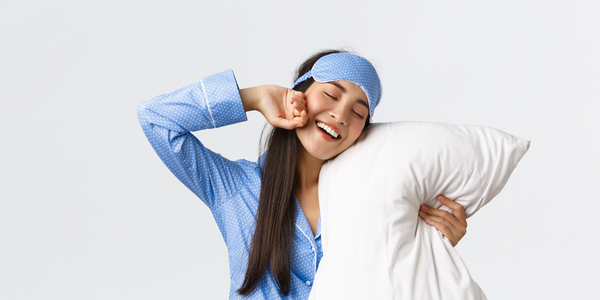
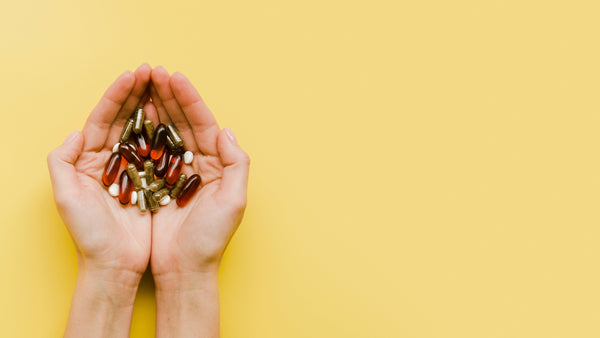
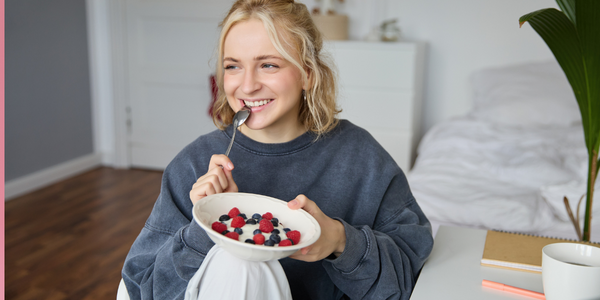

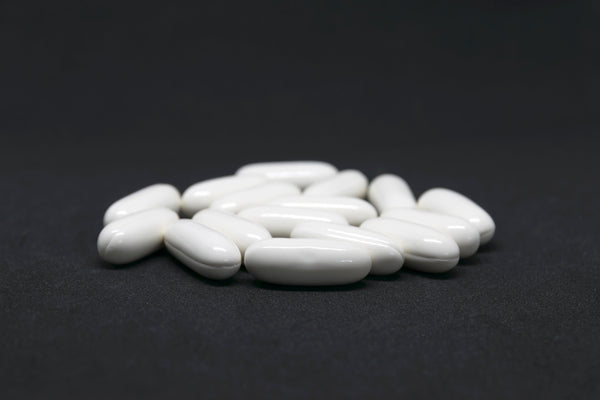
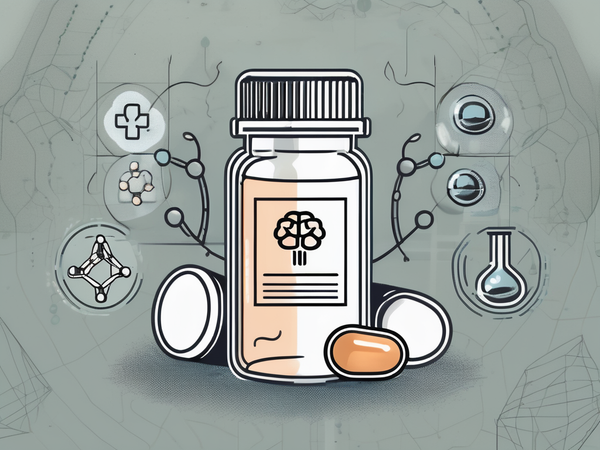
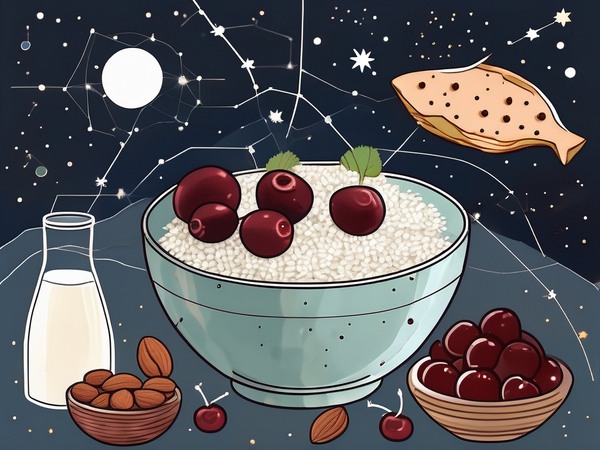
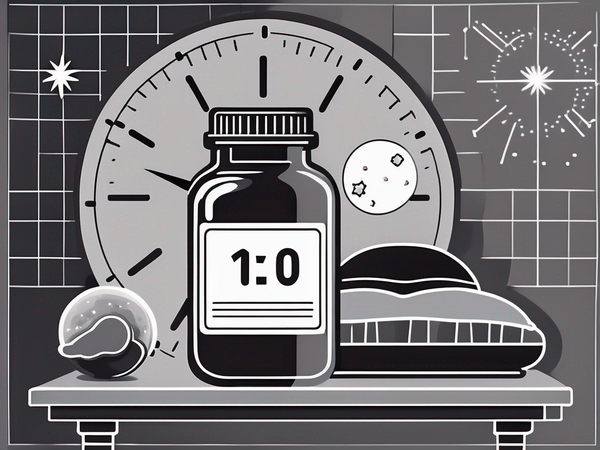
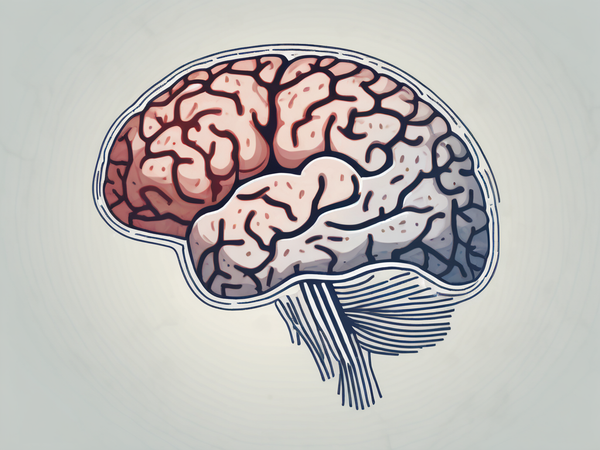






 DOWNLOAD NOW
DOWNLOAD NOW
